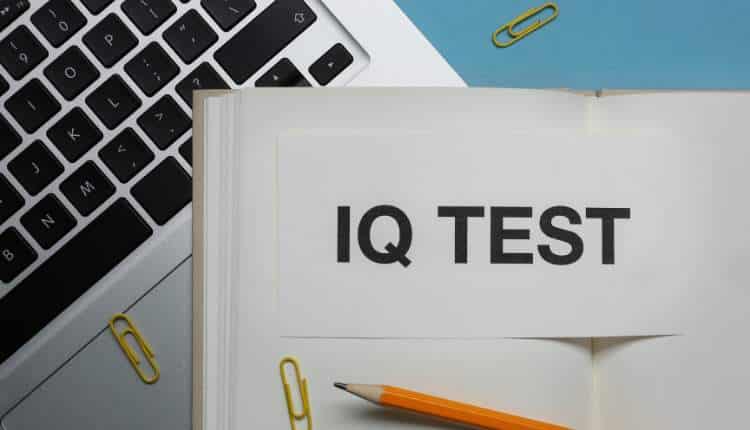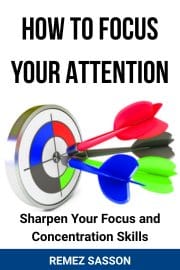
IQ tests were first created more than 120 years ago, and since then, countless versions have been developed. With so many available online and offline, it can be challenging to distinguish professional IQ tests from casual or misleading ones.
This guide is designed to help non-experts understand the characteristics of legitimate IQ tests so they can make informed decisions before taking one.
Characteristics of Professional IQ Tests
A professional IQ test is not just another quiz—it’s a scientifically designed tool backed by research, data, and expertise. Below are the essential features that define a truly professional IQ test.
Created by Qualified Experts
A professional IQ test should be created by experts trained in psychometrics, the science of psychological measurement.
It should be easy to identify the test’s author or authors and their credentials. Legitimate test developers are transparent about their education, affiliations, and experience.
Anonymous creators should always be avoided. Reputable professionals stand by their work and reputation, while anonymity is often used to avoid accountability.
Includes Documented Technical Properties
A professional IQ test comes with documented technical details—typically in the form of a test manual.
This manual explains how the test was created, evaluated, and standardized. While such documentation might not always be publicly available, there should be clear evidence that it exists.
Some developers also provide shorter technical reports, such as research bulletins or updates, that describe ongoing improvements or findings about the test’s performance.
Independently Evaluated by Experts
Legitimate IQ tests are independently reviewed by qualified experts during development and after publication.
For example, the Reasoning and Intelligence Online Test (RIOT)had its content evaluated by professionals from cognitive, educational, and developmental psychology.
A strong indication that a test has been properly vetted is when it appears in peer-reviewed research. Searching for the test’s name on Google Scholar is a simple way to verify its academic use and credibility.
Complies with Ethical and Technical Standards
A professional IQ test follows established guidelines such as the Standards for Educational and Psychological Testing, created by the American Educational Research Association (AERA), American Psychological Association (APA), and the National Council on Measurement in Education (NCME).
Weekly guidance, stories, insights, and simple practices to expand awareness, quiet the busy mind, and break free from autopilot.
👉 Read a Free Inner Awakening lesson
These standards outline best practices for fairness, accuracy, and scientific validity.
Internationally, the International Test Commission (ITC) provides similar guidelines for ethical and cross-cultural testing. Reputable test creators usually reference these standards and explain how their test aligns with them.
Designed for a Specific Population
A well-designed IQ test clearly identifies its intended population.
Factors such as language, culture, age, and developmental differences can affect results, so professional test creators specify who should take their tests.
Any claim that a test is suitable for “everyone” is a red flag. Responsible creators caution against using their test outside of the target group unless data supports its use for other populations.
Produces Reliable Scores
Reliability refers to the consistency of test results. Since intelligence is considered a stable trait throughout life, IQ test scores should remain stable across time and settings.
Professional tests publish or provide access to their reliability data, often through academic journals or official manuals.
Without such data, it’s impossible to determine whether the test produces dependable results.
Boost your motivation and stay driven until you achieve your goals. Learn practical, proven strategies to master motivation with the Online Course for Getting Motivated.
👉 Start Your Motivation Journey Now »
Provides Valid and Accurate Interpretations
A professional IQ test ensures that its scores are used appropriately.
Validity refers to how accurately the test measures what it claims to measure. Professional creators clarify the intended uses of their test results and warn against misinterpretations.
For instance, using IQ scores for evaluating cognitive abilities or educational planning may be valid—but using them to determine moral worth or unrelated attributes is not.
Grounded in a Scientific Theory of Intelligence
Every credible IQ test is built upon a recognized theory of intelligence.
Popular models include the Cattell-Horn-Carroll (CHC) theory, the bifactor model, and the PASS theory (Planning, Attention, Simultaneous, and Successive Processing).
By researching these theories on Google Scholar, users can confirm whether a test’s foundation is scientifically valid. Tests based on vague or proprietary “new theories” without research backing should be approached cautiously.
Uses a Representative Norm Sample
A professional IQ test uses a norm sample—a group of test-takers whose results set the standard for interpreting future scores.
This sample must be large and representative of the test’s intended population. Test manuals usually include details about sample size, demographics, and data collection methods.
If this information is missing or the norm sample is self-selected (for example, online volunteers), the test cannot provide accurate or meaningful results.
Is the Test Not a Professional IQ Test?
If a test fails to meet these criteria, it is not a professional IQ test.
Some are created by well-meaning individuals without proper training, while others are designed to deceive or profit from unsuspecting users.
Though verifying a test’s legitimacy might take extra effort, it ensures that the results you receive are accurate, trustworthy, and scientifically meaningful.
Professionally developed IQ tests are powerful tools for understanding human intelligence—and taking the time to identify legitimate ones is well worth the effort.

